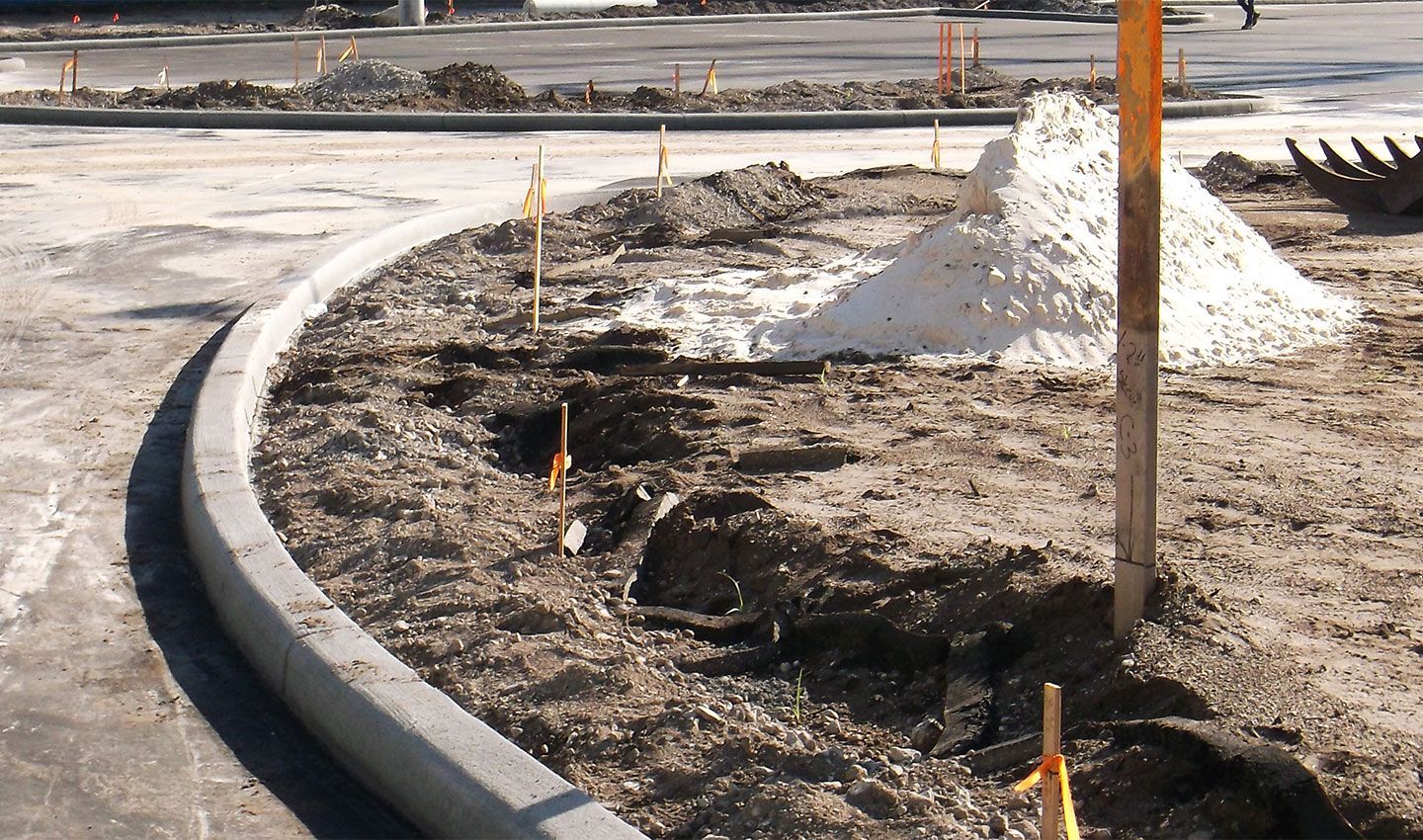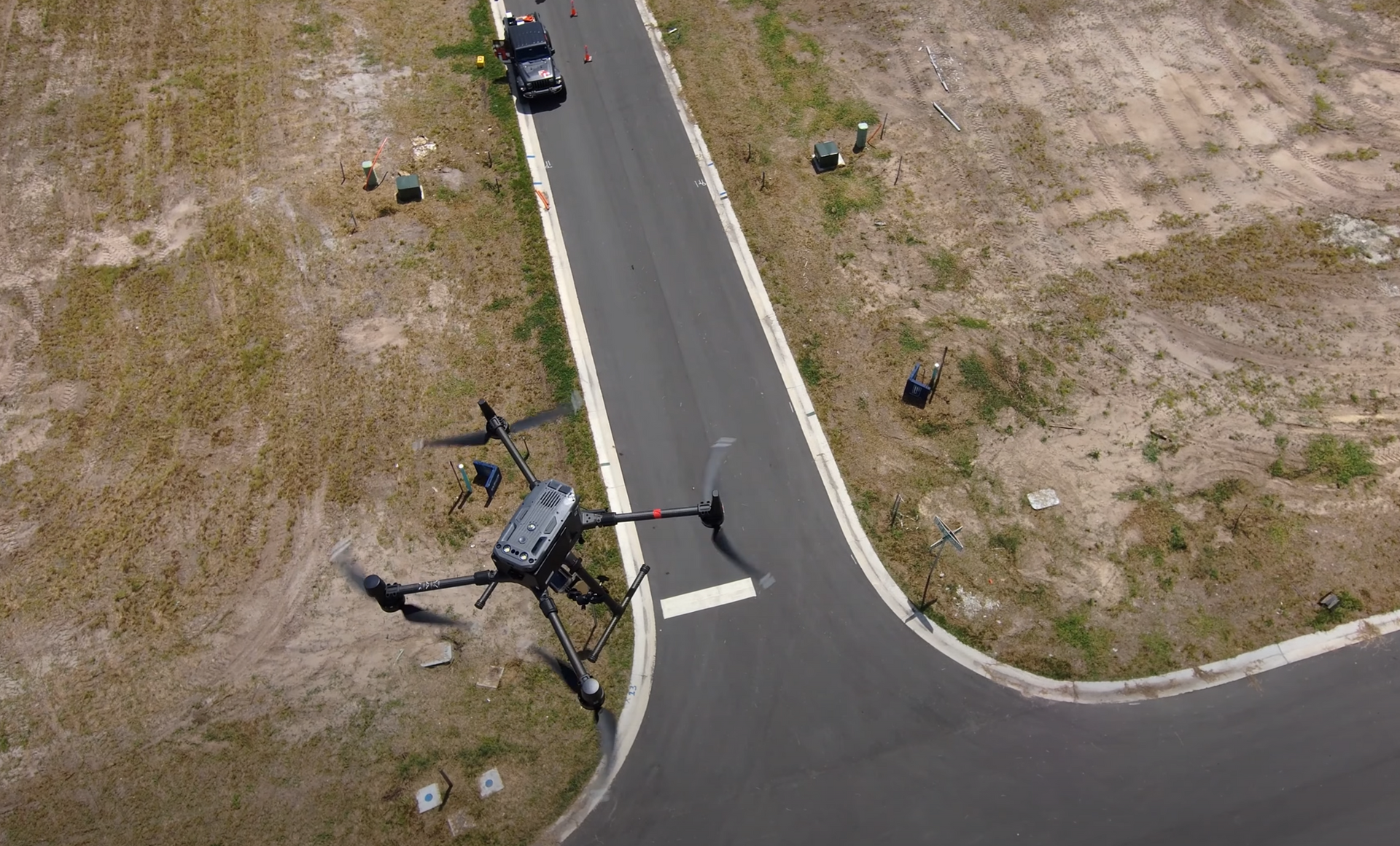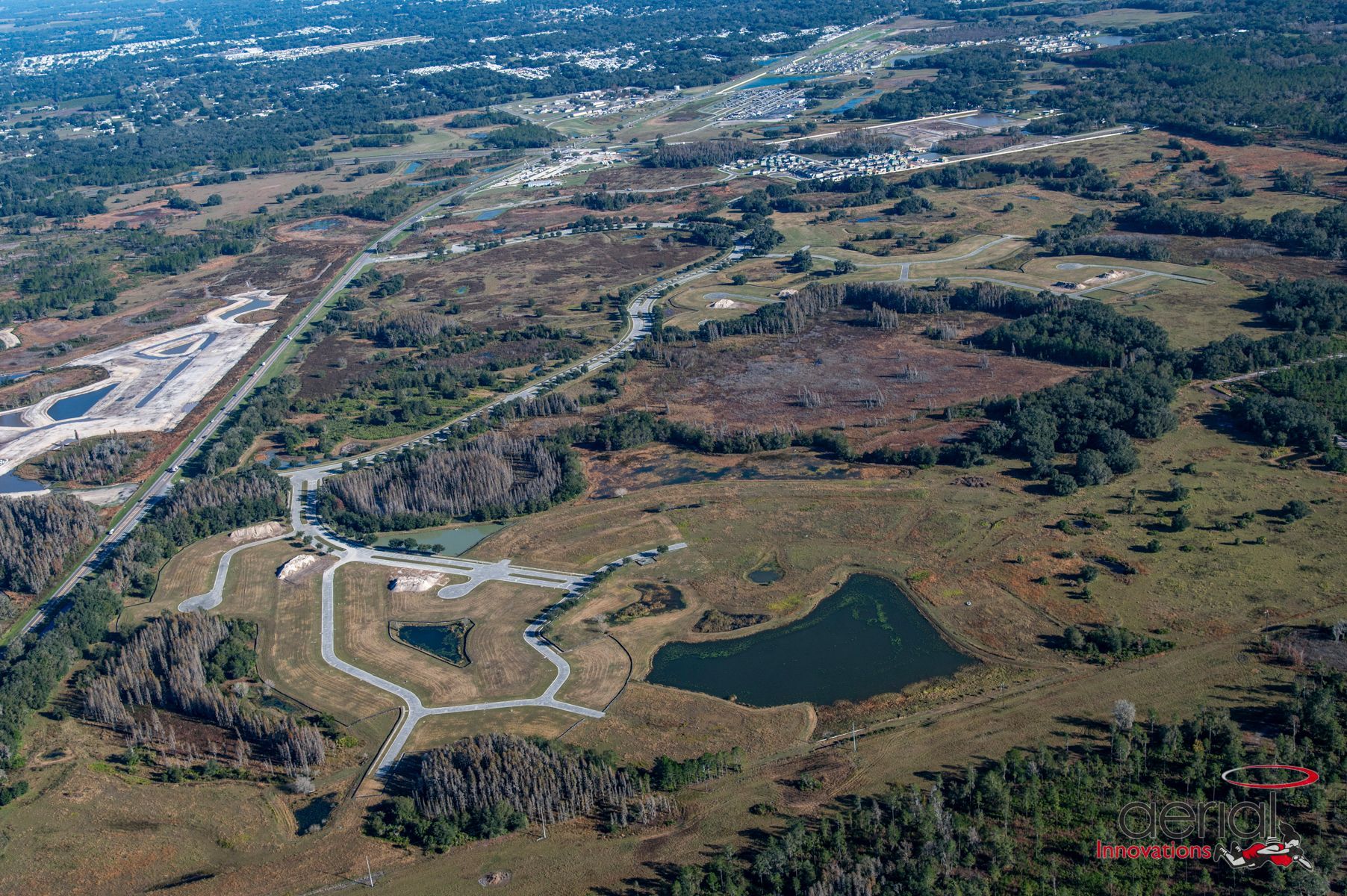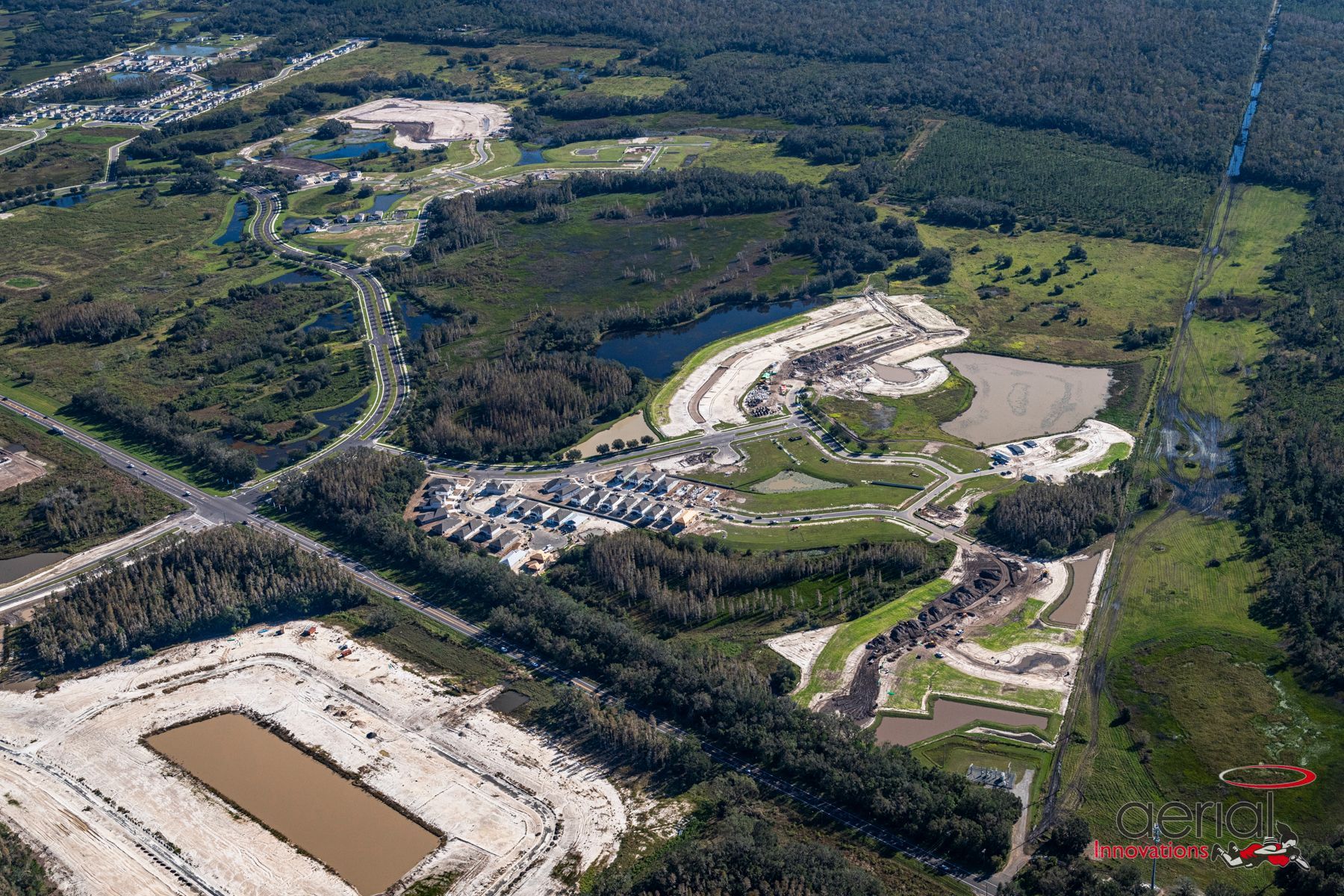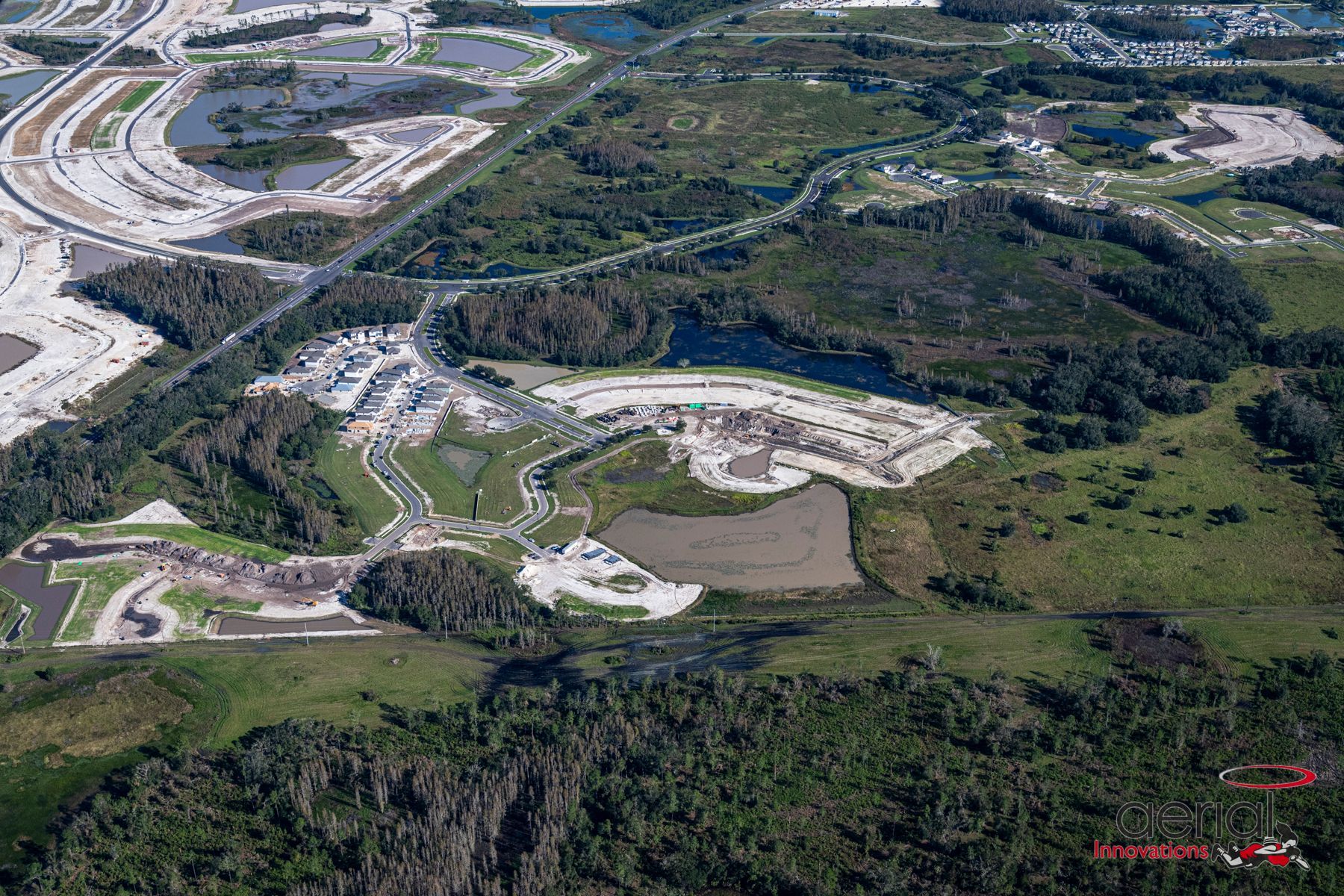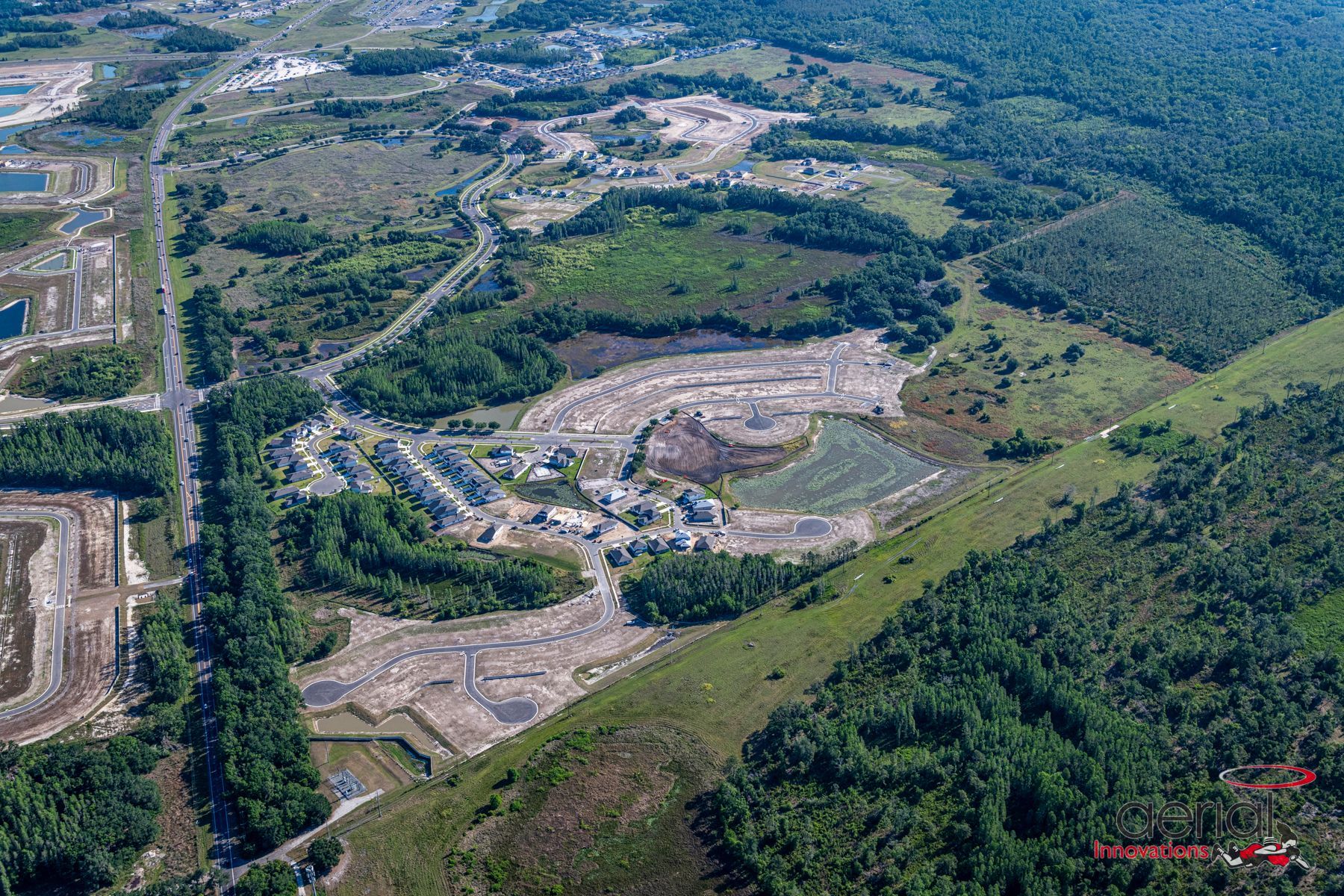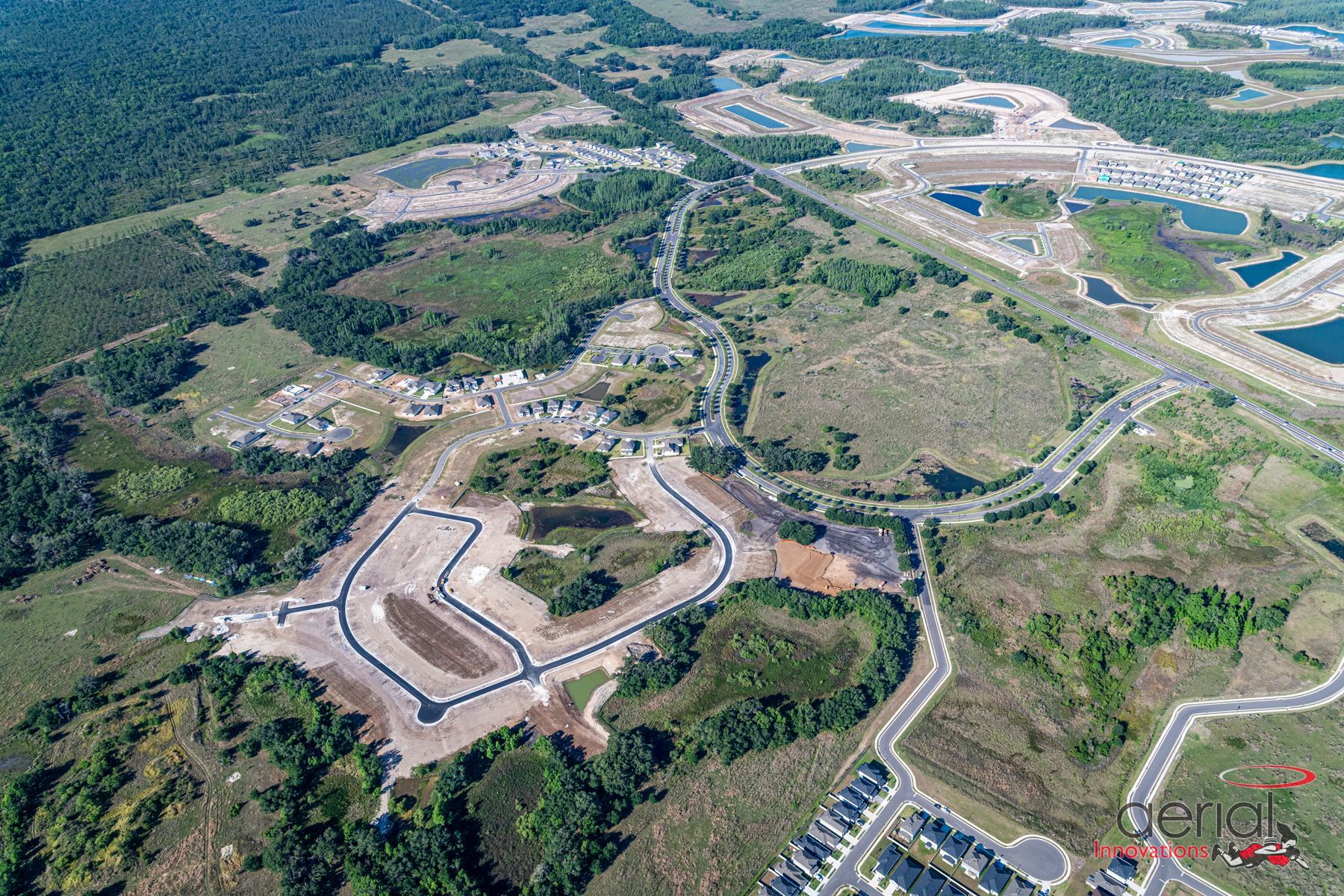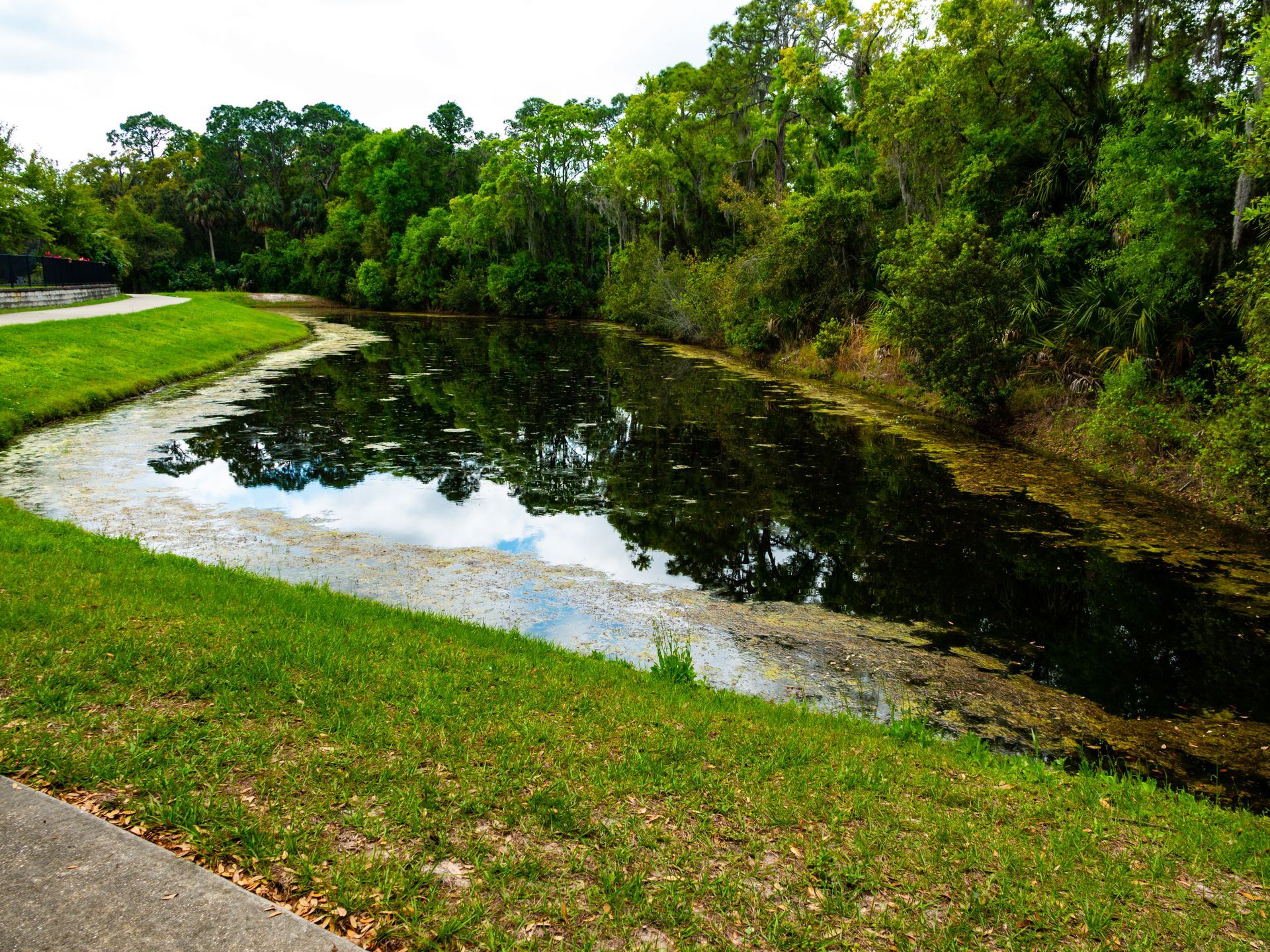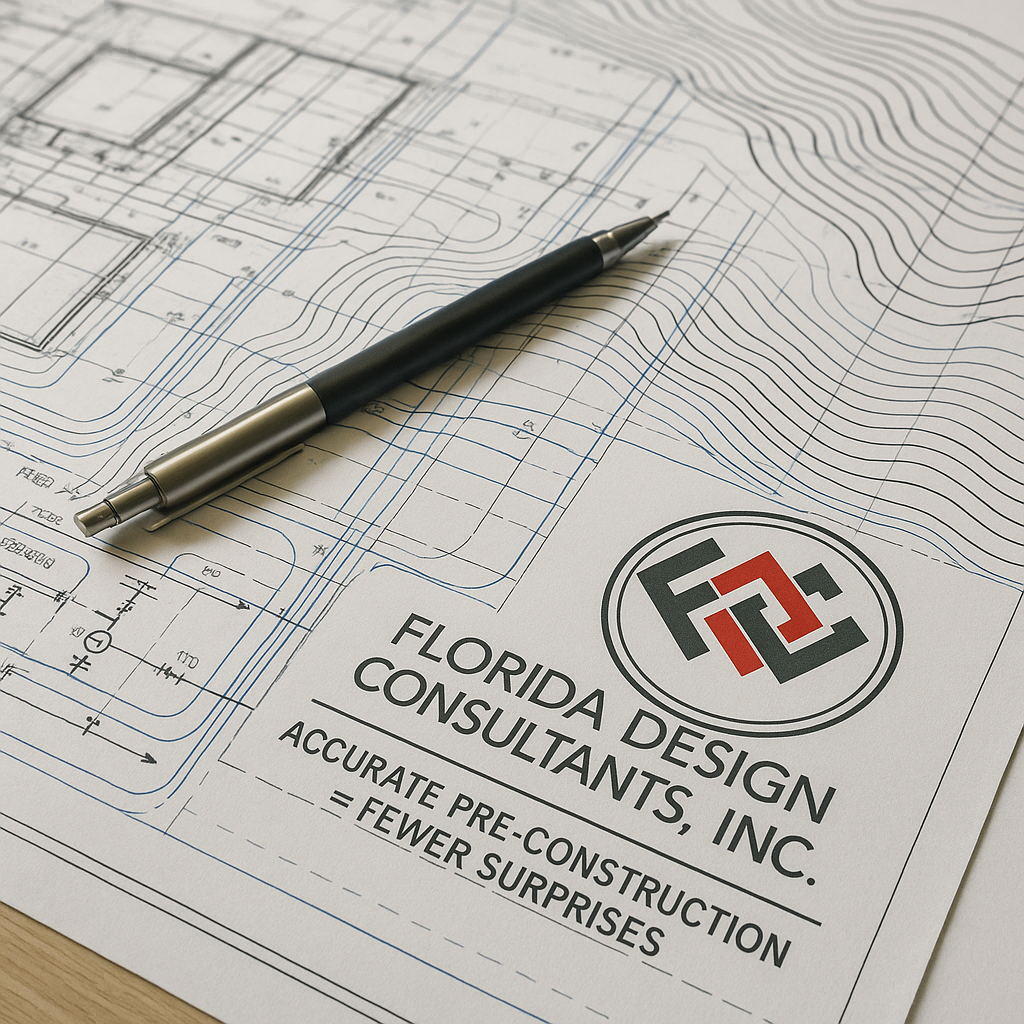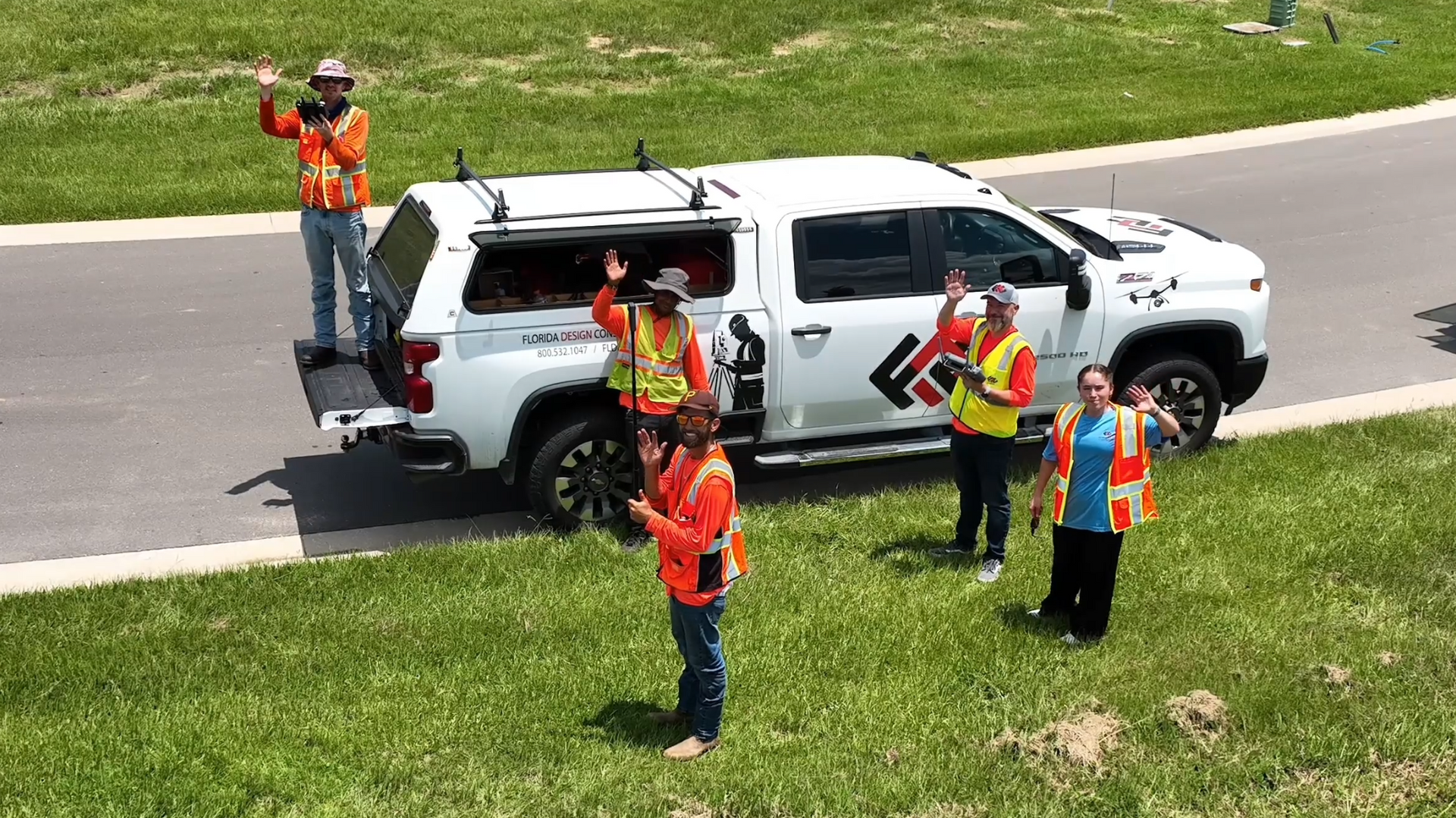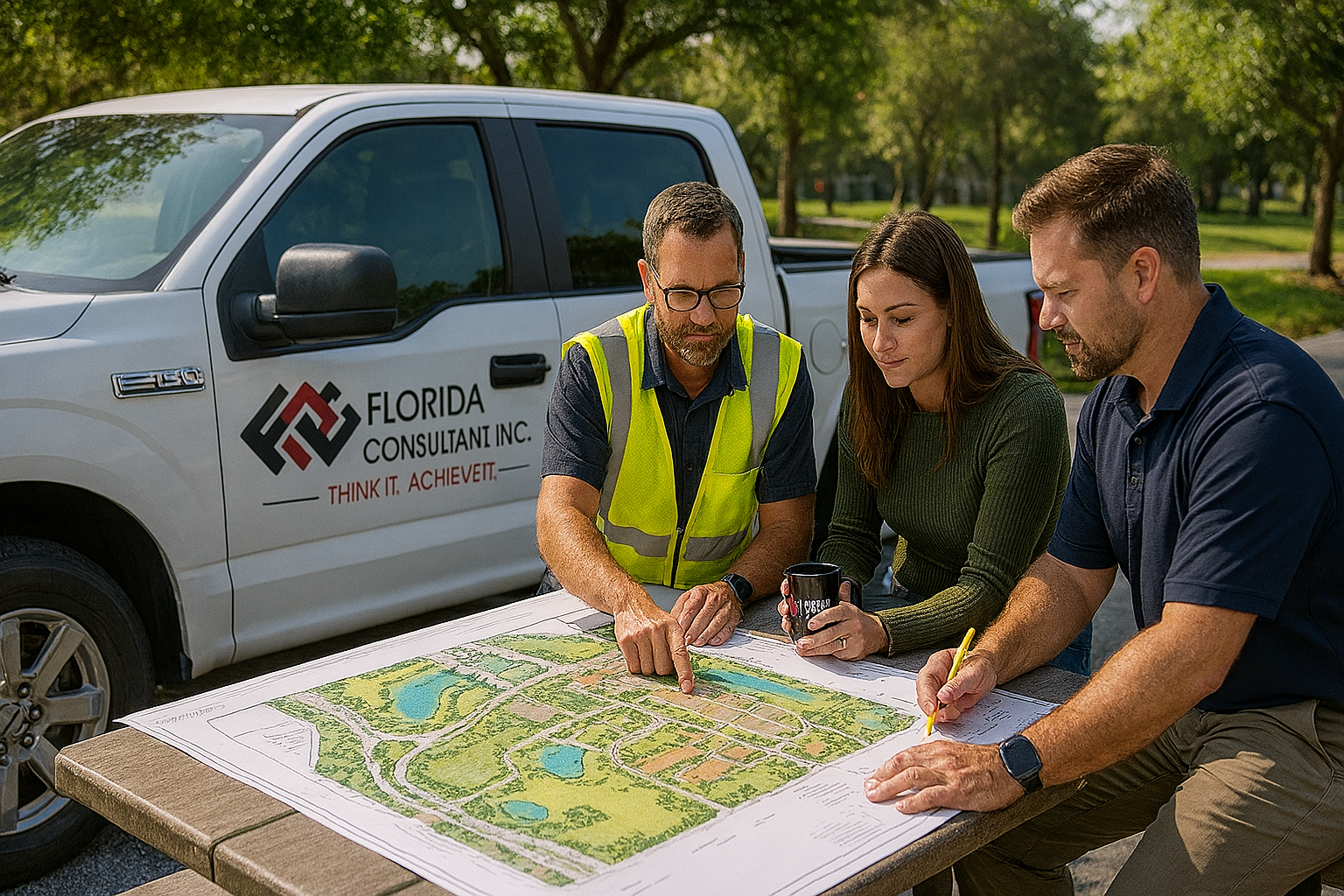Revitalizing Riverwood – Pulte’s Strategic Investment with FDC
Client Overview: PulteGroup
PulteGroup is one of the largest national home builders, publicly traded with a market capitalization of nearly $21 billion. With a strong presence across many U.S. states, Pulte is known for developing high-quality residential communities that blend modern
living with thoughtful land planning.
As part of their strategic expansion in Florida, Pulte sought to revitalize a long-dormant project, Riverwood, located in Pasco County, FL. With a stalled subdivision, outdated infrastructure, and new regulatory hurdles, Pulte needed a partner who could unlock the site’s potential while ensuring efficiency, compliance, and long-term success. Check out their website at:https://www.pulte.com .
The Challenge: Stalled Development with Complex Hurdles
Riverwood was initially designed and permitted in the early 2000s as a 992-lot subdivision. However, due to the 2008 financial crisis, the original developer went bankrupt, leaving the project incomplete and infrastructure aging, non-compliant, and in disrepair.
When Pulte acquired the property in 2022, they faced several challenges:
- Aging & Damaged Infrastructure – Water mains, sewer lines, and electrical systems needed significant rehabilitation.
- Regulatory Compliance Issues – Many original approvals had expired or changed, requiring re-permitting under updated FEMA floodplain maps, stormwater regulations, and wetland impact guidelines.
- Phased Development Conflicts – Each section of Riverwood was in a different state of approval, and plans had to be aligned to prevent conflicts between past and future construction.
- Environmental Constraints – New environmental factors, such as protected wildlife nesting areas, introduced timing and permitting challenges.
- Accelerated Timeline Needs – Pulte aimed to quickly rehabilitate and start home sales while concurrently permitting future phases to maintain seamless development momentum.
This complex scenario required a consulting partner with deep regulatory experience and historical knowledge of the project; enter Florida Design Consultants (FDC).
The Right Partner: FDC
Pulte’s decision to partner with Florida Design Consultants was a strategic choice based on three key factors:
- Project History & Institutional Knowledge – FDC had originally designed and permitted Riverwood, making them the best-suited firm to revive the project without delays.
- Strong Regulatory Relationships – With long-standing ties to Pasco County, Southwest Florida Water Management District (SWFWMD), and other agencies, FDC streamlined permitting and compliance approvals.
- Full-Service Expertise – FDC’s integrated services, civil engineering, surveying, and planning, ensured efficient coordination, reducing the risk of misalignment between project phases.
While Pulte typically works with other consultants, FDC’s unique historical insight and regulatory expertise made them the ideal partner for navigating Riverwood’s challenges.
''FDC was instrumental in bringing Riverwood back to life. Their deep knowledge of the
project, seamless coordination with regulators, and commitment to efficiency made all the difference. Thanks to FDC, we were able to accelerate timelines and deliver a high-demand community ahead of schedule.''
— Ray Aponte
Director of Land Development at PulteGroup
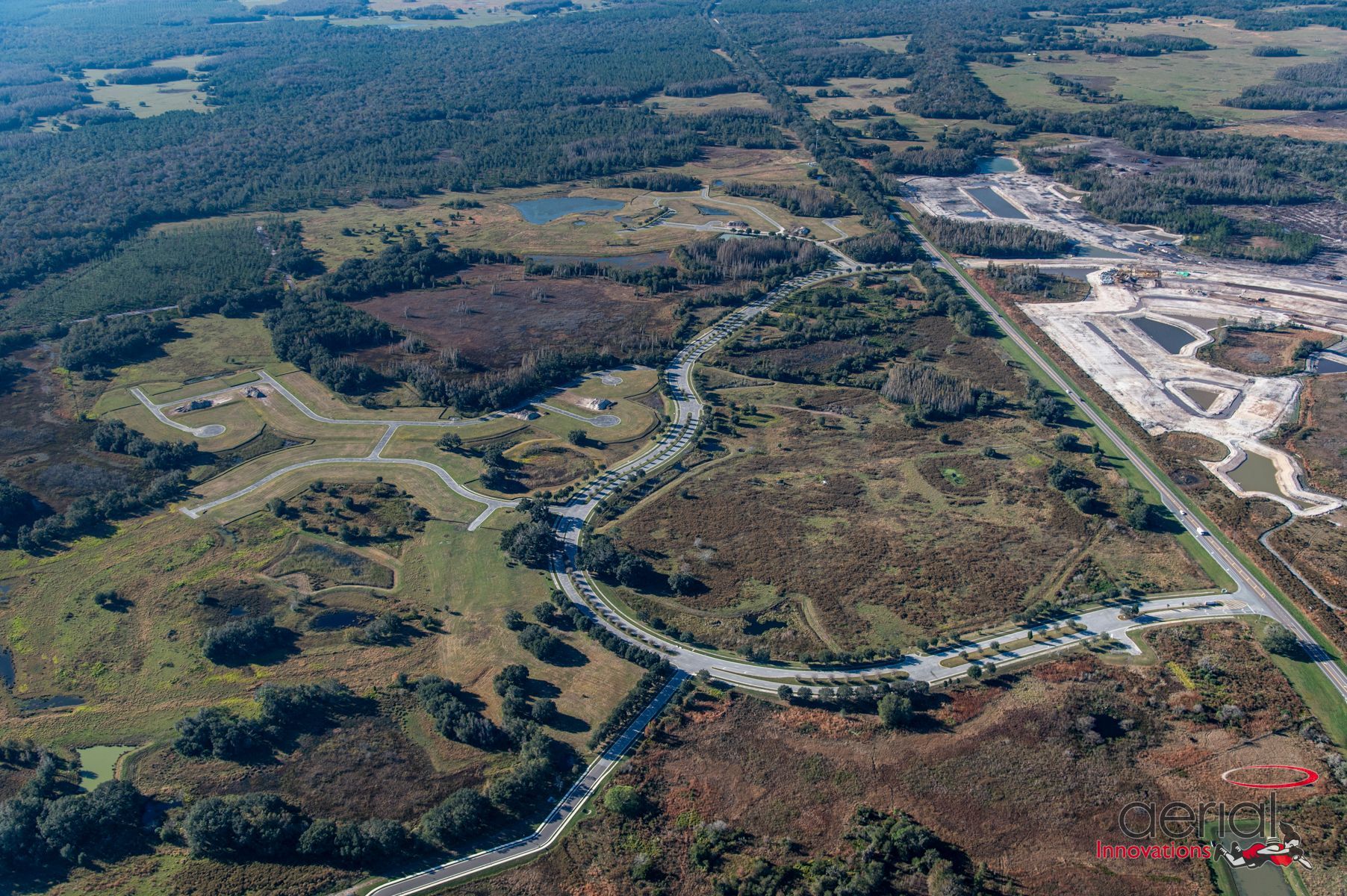
The Process: Engineering, Permitting, and Accelerating Development
To transform Riverwood into a successful, market-ready community, FDC executed a multi-phase approach:
Phase 1: Infrastructure Rehabilitation & Immediate Development
- Rehabilitated & upgraded aging water mains, sewer systems, and electrical conduits to meet modern standards.
- Ensured compliance with new FEMA floodplain regulations to prevent future insurance and permitting issues.
- Worked closely with Pasco County to fast-track certifications, allowing Pulte to begin home sales in Phase 1A ahead of competitors.
Phase 2: Expediting Permitting for Future Phases
- Re-permitted and updated approvals for Phases 1B & 1C, ensuring continuity in infrastructure expansion.
- Navigated SWFWMD and Army Corps of Engineers approvals for stormwater and wetland impact compliance.
- Developed a strategy to align legacy stormwater models with new regulations to maintain project feasibility.
Phase 3: Preparing for Long-Term Success
- Designed and permitted Phase 3 from the ground up, ensuring a seamless transition from Phases 1 & 2.
- Integrated Pulte’s long-term market strategy, ensuring the project remained competitive against nearby developments.
- Throughout the process, FDC maintained constant coordination with Pulte, the site contractor (Repa Associates), and regulatory agencies, ensuring challenges were addressed in real time.
The Results: A Thriving, High-Demand Community
- Phase 1A Sold Out Ahead of Schedule – All 60-foot-wide premium lots were sold out months ahead of projections.
- Accelerated Time-to-Market – If another firm had started from scratch, the project would have taken 2X longer.
- Increased Cost Efficiency – By leveraging existing infrastructure, Pulte saved significant capital while maintaining compliance.
- Resilient & Compliant Growth – Environmental and stormwater compliance ensured Riverwood met all new FEMA and SWFWMD regulations.
Why Work with FDC?
For developers tackling complex, multi-phase projects, Florida Design Consultants (FDC) delivers the expertise, efficiency, and regulatory insight needed to streamline development. With nearly 30 years of experience and over 1,000 successful projects
across Tampa Bay, we specialize in navigating permitting challenges, optimizing infrastructure, and accelerating approvals.
By integrating civil engineering, surveying, and planning under one roof, we eliminate inefficiencies and keep projects moving forward. Our strong relationships with Pasco County, SWFWMD, and regulatory agencies ensure a smooth approval process, saving developers time, cost, and risk. Whether revitalizing stalled developments or ensuring compliance with evolving regulations, FDC is a trusted partner in turning challenges into opportunities.
